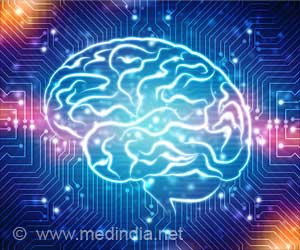AI in Mental Health
The team thereby utilized machine learning for large population cohorts (UK Biobank data) to yield “proxy measures” for brain-related health issues (AI sensitive models for mental health) without the need for a specialist’s assessment.
The questionnaire data fetched to AI included those on personal circumstances and habits, like age, education, tobacco, and alcohol use, sleep duration and physical exercise, other sociodemographic data, behavioral data, along with biological data and brain images of 10,000 participants via Magnetic Resonance Imaging (MRI).
“In this work, we generalized this methodology in two ways. First, we demonstrated that, beyond biological aging, the same proxy-measure framework is applicable to constructs more directly related to mental health. Second, we showed that useful proxy measures can be derived from other inputs than brain images, such as sociodemographic and behavioral data,” says Denis Engemann from Inria, who directed the study.
The result was also validated in a separate subset of UK Biobank data. The study thereby provides a glimpse into a future where psychologists and machine learning models could work hand-in-hand to enact personalized mental assessments.
“What is not going to change is that mental health practitioners will need to carefully interpret and contextualize test results on a case-by-case basis and through social interaction, whether they are obtained using machine learning or classical testing,” says Engemann.
Source: Medindia



